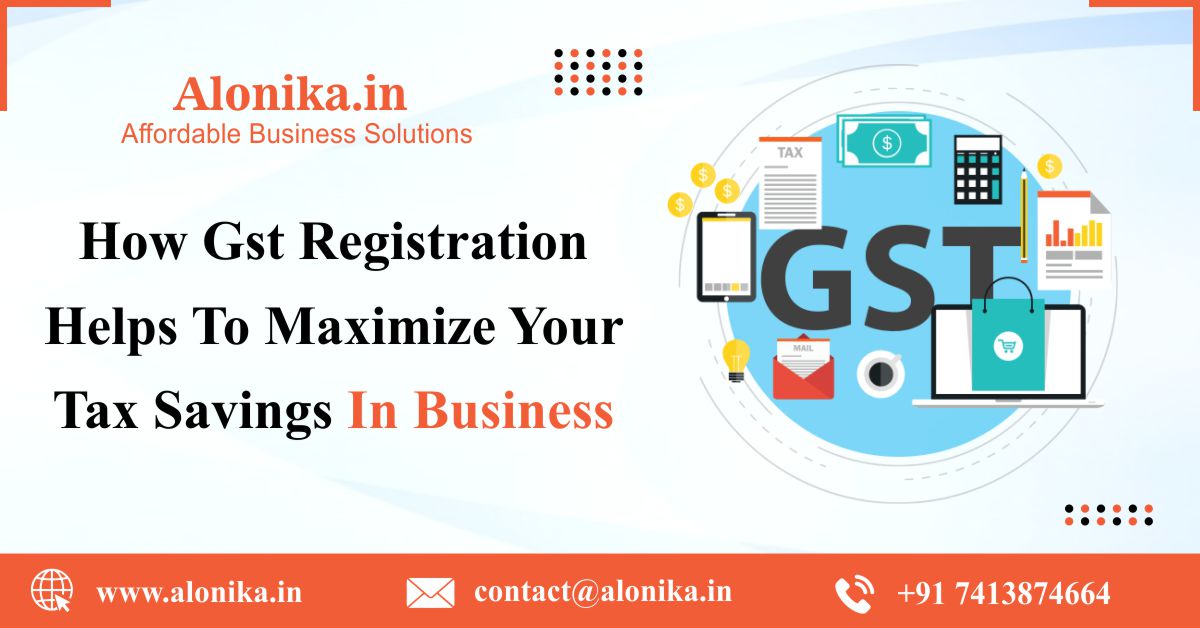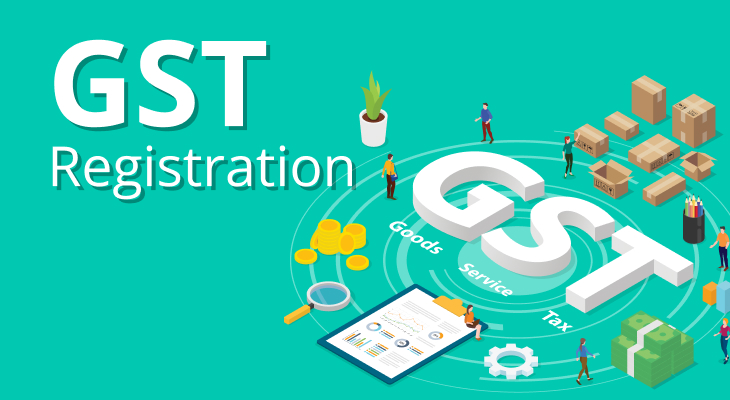Why Singapore GST Registration is Essential for Your Startup
Why Singapore GST Registration is Essential for Your Startup
Blog Article
Navigating the Complexities of GST Enrollment: Professional Tips and Ideal Practices for Smoother Conformity
Navigating the complex landscape of Goods and Solutions Tax Obligation (GST) registration requires an eager understanding of the evolving regulative structure and thorough attention to detail. As organizations strive to guarantee conformity and stay clear of pitfalls, professional support and ideal practices can act as indispensable compass points in this facility terrain. From understanding registration demands to taking advantage of technological tools for structured processes, the trip in the direction of smoother GST compliance is nuanced and diverse. Keep tuned to reveal necessary approaches and insights that can assist businesses steer through the complexities of GST enrollment with finesse and self-confidence.
Recognizing GST Enrollment Demands

In addition to turn over limits, companies participating in interstate sales or giving taxed services may also be required to sign up for GST, also if their turnover is below the suggested limitation (Singapore GST Registration). Understanding these needs and limits is vital to prevent fines and make certain smooth operations within the lawful framework
Additionally, businesses have to collect and prepare the needed paperwork, such as proof of identity, address, company consolidation, and bank account information, before initiating the GST enrollment procedure. Falling short to provide accurate info or fulfill the registration target dates can result in fines or various other legal repercussions. Services should stay educated about the details GST registration demands relevant to their operations to preserve conformity and prevent potential problems.
Organizing Essential Paperwork
Businesses starting the GST registration process need to diligently compile and organize the crucial documents needed for entry. The key files normally required for GST enrollment consist of evidence of service enrollment or address, identification and consolidation evidence of business proprietors or partners, savings account details, proof of major business, and authorization forms. Guaranteeing that these files are readily available and arranged can simplify the enrollment procedure and protect against beings rejected or delays.
To efficiently organize essential documents, organizations must produce a centralized system for saving and classifying the needed paperwork (Singapore GST Registration). Making use of electronic storage services can help keep simple access and ensure that documents are securely saved. In addition, developing a checklist of all required documents can work as a valuable device to track what has been gathered and what is still required for submission

Leveraging Technology for Efficiency
Enhancing functional efficiency with technical integration is extremely important for modern organizations navigating the intricacies of GST enrollment. One of the essential means technology can help in GST enrollment is through the usage of automated software options.
In addition, technology can assist in smooth communication with tax authorities. On-line portals and communication devices enable services to send files, fix queries, and get updates in an extra efficient fashion. This not only expedites the registration procedure but additionally assists in maintaining reliable and transparent interaction with the appropriate authorities.
Moreover, cloud-based storage solutions supply a safe and secure system for organizations to shop and accessibility their financial data, ensuring compliance with GST record-keeping requirements. By streamlining data storage and automating processes, businesses can enhance their overall efficiency and precision in GST enrollment treatments.
Proactive Conformity Tracking

To make sure efficient proactive conformity tracking, businesses need to develop robust internal controls, conduct regular audits, and leverage automation tools for real-time monitoring of GST purchases. Normal training sessions for workers on GST conformity needs can also aid in producing a society of compliance within the company. Furthermore, involving with tax consultants or professionals can provide useful insights and support on navigating intricate GST policies.
Engaging With Professional Consultants
Involving experienced tax professionals check my blog can dramatically reinforce a company's understanding and conformity with detailed GST guidelines. Expert experts bring a wealth of expertise and experience to the table, helping services browse the complexities of GST registration easily. By leveraging their proficiency, firms can guarantee exact filings, minimize the danger of mistakes, and stay updated with the current regulative changes.
When engaging with expert specialists, it is necessary to select specialists with a solid record in GST compliance (Singapore GST Registration). Seek navigate to these guys specialists that have a deep understanding of the pertinent laws and guidelines, along with experience collaborating with companies in your sector. Efficient interaction is essential in this collaboration, so see to it to clearly specify your expectations and establish routine touchpoints to review progress and address any kind of concerns
Additionally, professional professionals can supply useful insights and advice on optimizing your tax strategy, recognizing possible cost-saving possibilities, and enhancing your conformity processes. In general, purchasing professional consultancy services can go a long way in making sure smoother GST compliance and preventing expensive mistakes.
Conclusion
In conclusion, navigating the complexities of GST enrollment requires a detailed understanding of the requirements, organization of crucial documentation, leveraging innovation for performance, aggressive conformity tracking, and involvement with specialist professionals. By complying with these best techniques, companies can guarantee smoother conformity with GST policies and avoid potential penalties or penalties. It is vital to stay informed, positive, and thorough in managing GST enrollment to preserve conformity and maintain financial honesty.
To guarantee conformity with tax laws, services must extensively comprehend the detailed demands for GST registration. Item and Services Tax Obligation (GST) is a value-added tax imposed on a lot of products and services in a nation, making it critical for services to sign up for GST to prevent legal repercussions.In addition, companies have to collect and prepare the required paperwork, such as proof of identity, address, service consolidation, and bank account details, prior to initiating the GST registration procedure. Companies ought to remain informed regarding the details GST enrollment demands relevant to their operations to maintain compliance and stay clear of potential problems.
The crucial documents typically required for GST registration from this source consist of proof of company enrollment or identity, address and consolidation proofs of the service owners or companions, financial institution account information, evidence of primary location of company, and permission types.
Report this page